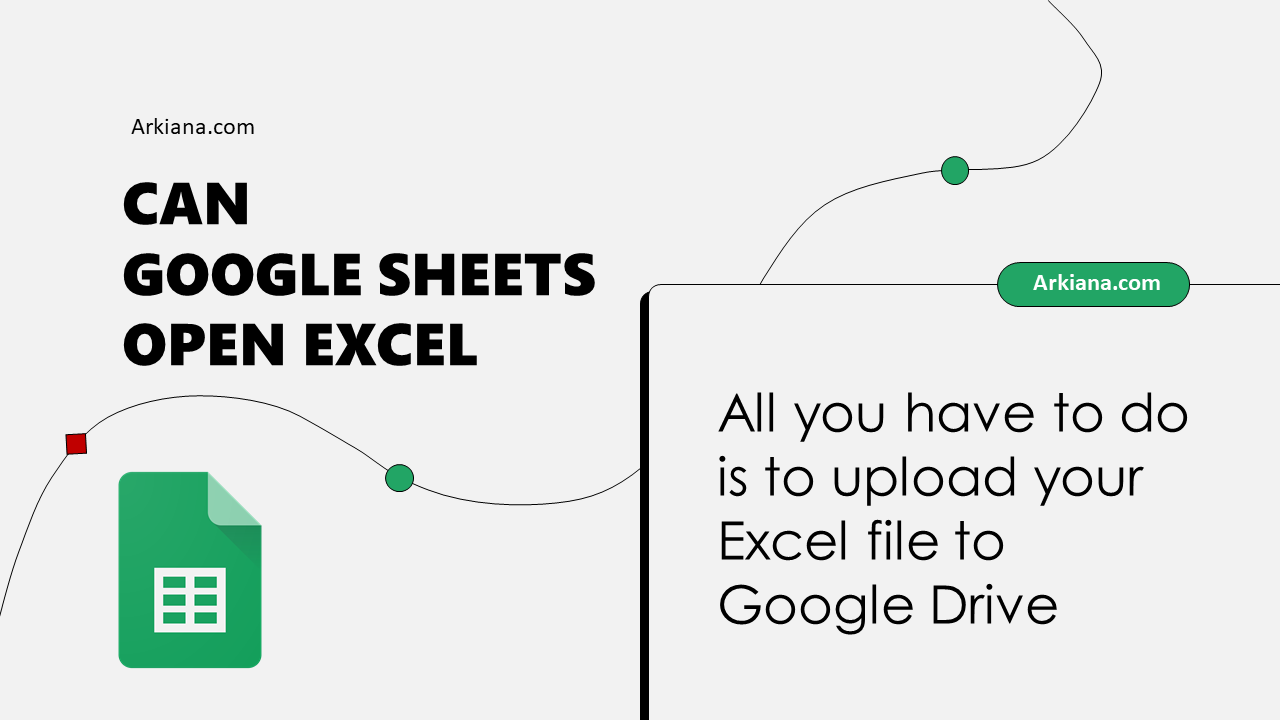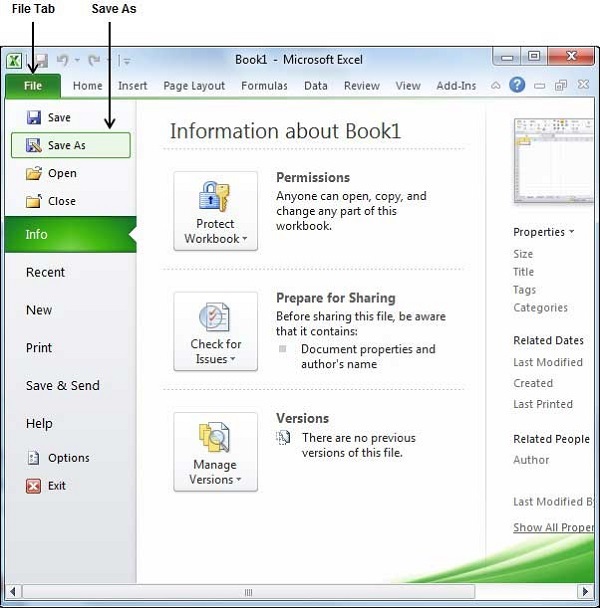Mortgage Application: Essential Paperwork Guide

In the journey toward homeownership, understanding and gathering all the essential paperwork for a mortgage application is crucial. This guide will walk you through each document you'll need, offering tips and insights to ensure you're well-prepared for your application process. Here's what you should know:
Why Proper Documentation Matters

Before diving into the paperwork, it’s important to understand why having all your documents in order is critical:
- Speed: Correct documentation expedites the approval process.
- Approval: Ensures lenders can accurately assess your financial health.
- Rates: Can affect the mortgage rates and terms you’re offered.
Let’s explore the documents you’ll need, grouped by their purpose:
Identification Documents

Your identification will verify your identity:
- Driver’s License or Government ID: A copy will be needed.
- Social Security Number: You’ll need to provide this for credit checks.
Proof of Income and Employment

These documents confirm your ability to repay the mortgage:
- Recent Pay Stubs: Generally, lenders require the last two pay stubs.
- Employment Verification: Contact details of your employer or HR department.
- W-2 Forms: From the past two years.
- Tax Returns: Personal tax returns for the past two years, possibly including business tax returns if self-employed.
Assets and Financial Information

To assess your financial stability, lenders will look at:
- Bank Statements: Recent statements showing your savings and checking accounts.
- Investment Account Statements: If applicable.
- Retirement Account Statements: Such as 401(k) or IRA.
📌 Note: Lenders may use this information to confirm that you have enough savings or investments for a down payment or to cover the mortgage payments if you lose your job.
Property-Related Documentation

If you’ve already found a property, you’ll need:
- Purchase Agreement: A signed copy if you’re under contract.
- Property Appraisal: Sometimes required to determine the loan amount.
Credit Information

Your creditworthiness is assessed with:
- Credit Report: You might need to request a copy or lenders might obtain one.
- Explanation for Credit Issues: If there are discrepancies or issues on your credit report, be prepared to explain them.
Other Supporting Documents

Depending on your situation, you might need:
- Divorce Decree: If applicable, to account for alimony or child support payments.
- Gift Letter: If you’re receiving a down payment gift.
- Rental History: For those with limited credit history, showing timely rent payments can help.
Organizing Your Documents

Organize your documents systematically:
- Use file folders to separate each category.
- Have digital copies available for quick access or submission.
- Keep originals secure but accessible in case they’re needed.
Now that you have an overview of what's required, let's address some common questions and concerns:
What if I'm self-employed?

+
If you're self-employed, you'll need to provide additional documentation such as profit and loss statements, business tax returns, and possibly a CPA's letter verifying your income.
Can I apply for a mortgage with no credit history?

+
Yes, but you might need alternative credit references like utility bills, cell phone bills, or rent payment history to demonstrate your creditworthiness.
How long does it take to get mortgage approval?

+
The process can take anywhere from 30 to 45 days, but having all your documents ready can significantly speed this up.
In summary, while the mortgage application process can seem daunting, with the right documentation, you’re setting yourself up for success. Remember to prepare thoroughly, keep your documents organized, and be prepared to answer any questions from your lender. By ensuring you have all the necessary paperwork at your fingertips, you not only streamline the application process but also increase your chances of securing favorable mortgage terms. Your dream of homeownership is within reach, and being well-prepared is the first step on that journey.



